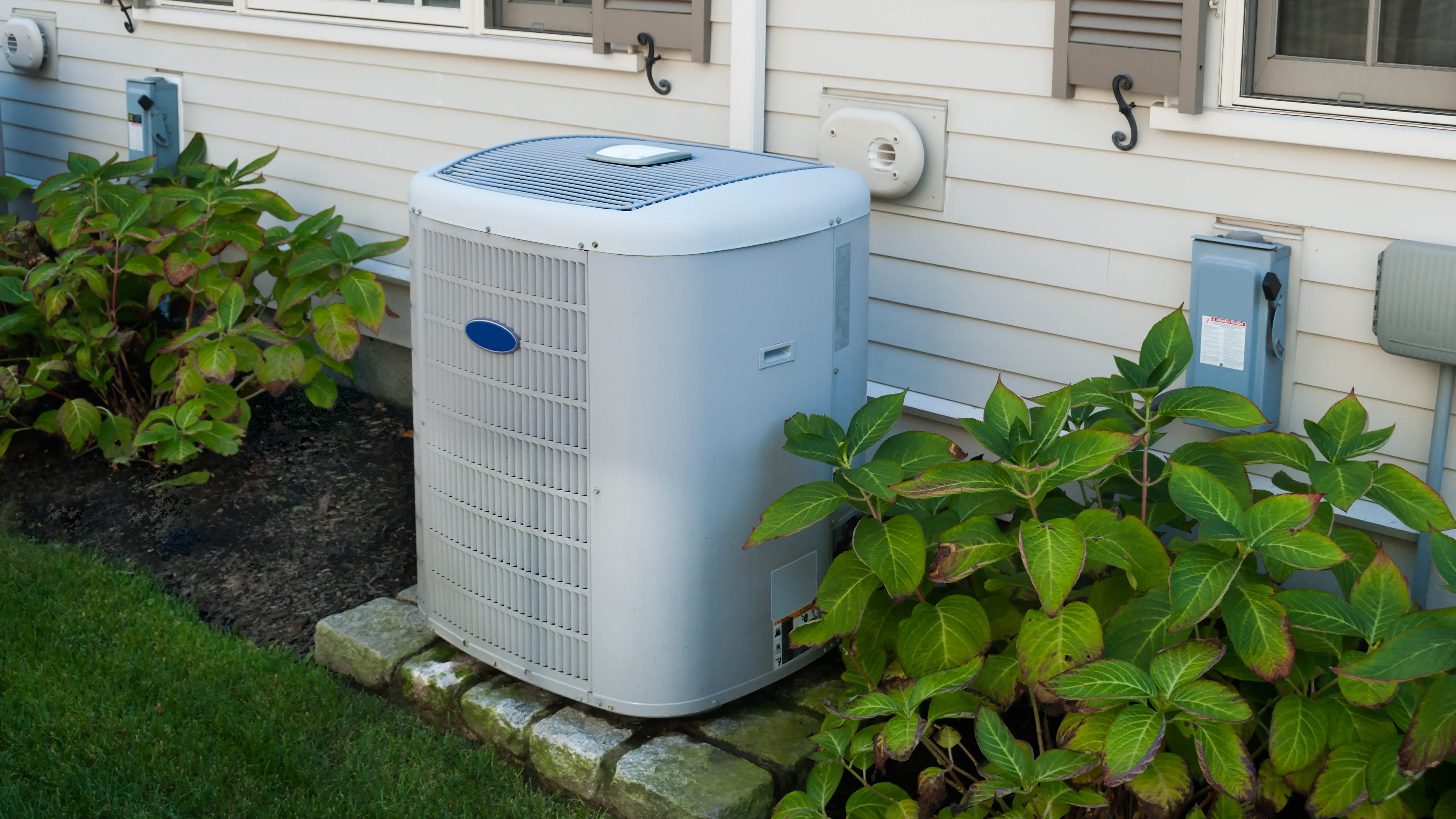As the dog days of summer start to growl and bite with temperatures pushing 100 degrees Fahrenheit, it gets harder to keep your cool at home. While air conditioners have been the go-to choice for decades, a newer technology — heat pumps — are starting to become more popular, as they can also pull double duty by heating your home in the winter. While both air conditioners and heat pumps are electrically powered and are based on similar engineering, several key differences separate them.
Here’s a look at how they’re alike, how they differ, and which might be best for your home. How does an air conditioner work? A traditional air conditioner has a closed loop of piping filled with a refrigerant that easily undergoes phase changes from a liquid to a gas and back again. To cool your home, an air conditioner compresses the gas, and then allows it to expand.

As the refrigerant evaporates into a gas, it lowers the surrounding temperature to something like 40 degrees Fahrenheit. This cooled gas runs through a series of metal pipes; the air conditioner then blows the cooled air over those pipes and into your home. Plus, on a hot and humid day, the AC’s evaporator is generally well below the air’s dew point, the temperature at which water from the air condenses.
In other words, an AC not only lowers the temperature but the humidity as well, making the room feel less damp and more comfortable. How does a heat pump work? There’s no thermodynamic free lunch; when an air condi.
















